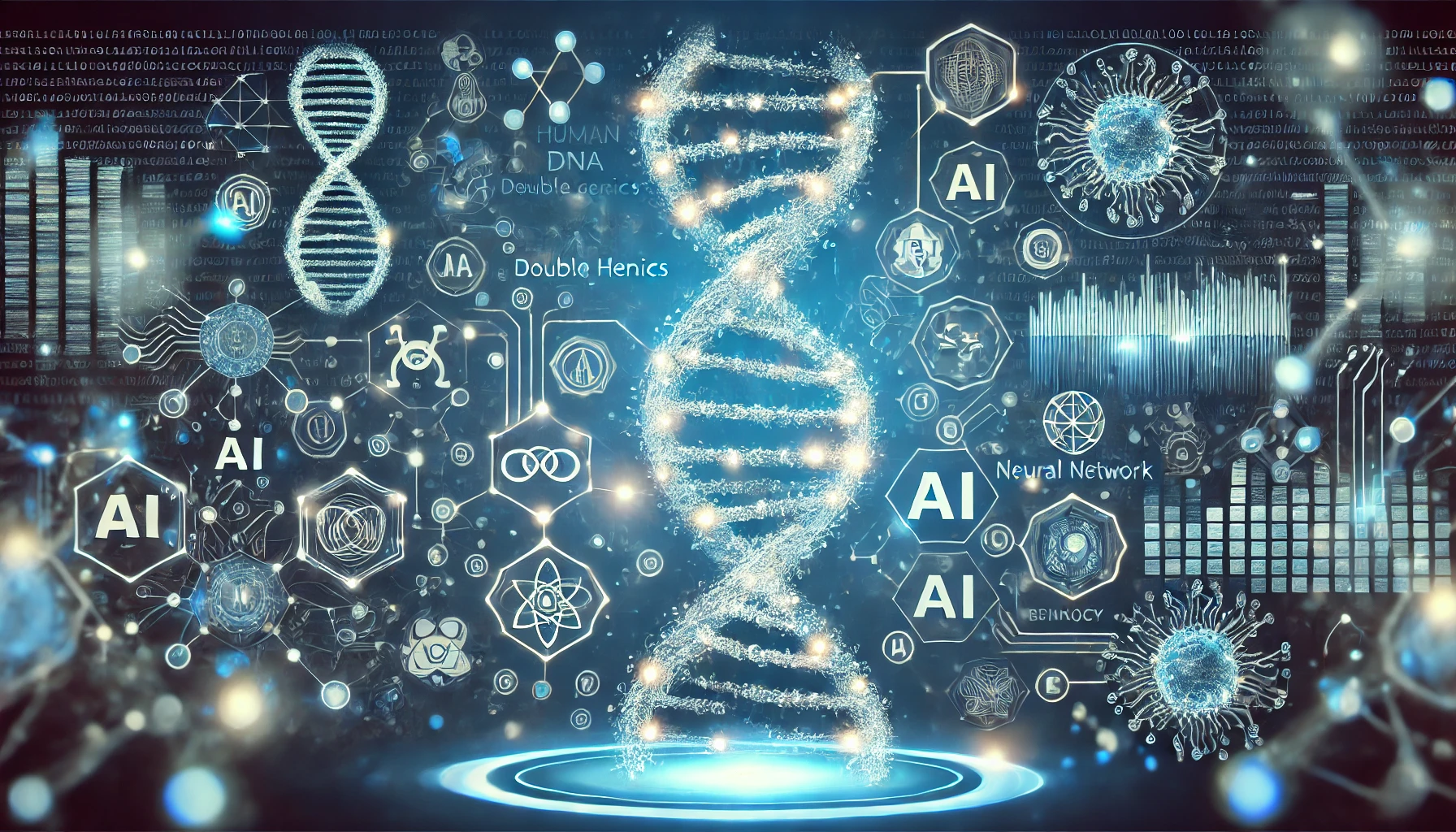AI and Genetics: From Vision to Reality
Background
The use of artificial intelligence (AI) in genetics is part of a broader development where technology and science work together to solve complex medical problems. Traditionally, genetic studies have focused on understanding the fundamental mechanisms that govern inheritance and biological functions. With the discovery of DNA structure in the 1950s and the development of modern techniques such as CRISPR, researchers have been able to modify genes and study their effects in ways that were previously impossible.
AI began making inroads in the research world as computing power increased and machine learning algorithms could be applied to large datasets. Initially, AI was used in biotechnology to analyze genetic sequences, but its potential quickly grew to include the diagnosis and treatment of genetic disorders.
Breakthroughs of Today
One of the most recent breakthroughs has come from Stanford University, where researchers have developed an AI-based method to identify complex genetic variants linked to psychiatric disorders. This technology can accurately map genetic differences that were previously difficult to identify, potentially leading to improved diagnoses and treatment options for such conditions.
AI’s ability to analyze vast amounts of genetic data makes it particularly valuable for finding connections that are not obvious to human researchers. For example, AI can detect patterns in gene expression and identify potential genetic causes of complex diseases such as Alzheimer’s and certain types of cancer. At the same time, it enables the development of personalized treatments, where medication is tailored to an individual’s genetic profile.
Moreover, AI has facilitated the discovery of genetic markers and predispositions that are challenging to trace with conventional methods. Machine learning, a branch of AI, is now used to analyze genetic data and predict which mutations may lead to serious illnesses.
Visions for the Future
The future of AI in genetics is expected to become even more advanced. With continued progress in quantum computing, AI may soon process data in ways that render current methods obsolete. This could accelerate the development of genetic treatments and even predict genetic risks before symptoms appear.
Another potential development is the integration of AI with CRISPR technology, which could enable even more precise gene editing. This might open the door to correcting genetic defects at the fetal stage and preventing diseases before they begin to develop.
The possibility of using AI to analyze entire genomes and identify potential future health issues is something that could transform the entire healthcare system. At the same time, ethical questions about privacy and the use of genetic data must be taken seriously.
Summary of Sources
This overview is based on insights from various reports, including the World Economic Forum on the top emerging technologies of 2024, as well as current research studies from Stanford and SciTechDaily.





